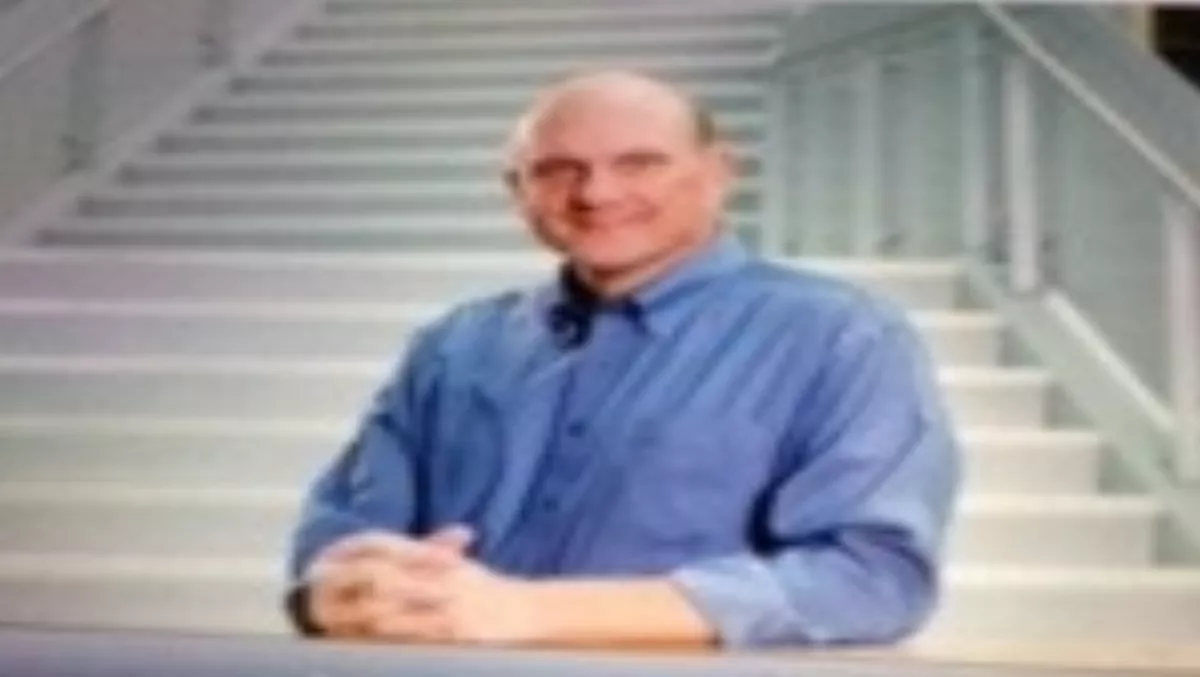
Steve Ballmer retires as CEO of Microsoft
Steve Ballmer, CEO of Microsoft corporation announced Friday morning Seattle time that he would be retiring from Microsoft when they find a replacement. This is to be within a year. Following the announcement, the value of MSFT shares rose 7.3% by market close on Friday night.He didn't give a reason for his decision to resign but apparently the board have been talking about his succession plan for some time. "We started the succession plan three or four years ago" is a quote from the board.
Ballmer said that he wants someone to take over who can execute the strategy which he put in place over the last year. This strategy refers to the one put in place by Ballmer less than 3 months ago as a 'Once in a generation change' which is to move the company forward with a devices and services focus. His original discussed retirement date which was set this year was 2018, so is this an admission by Ballmer that he doesn't think he will be able to shift the focus of the company in five years? If so, this spells danger!
Ballmer states that he informed Bill Gates that he intended to make this announcement and Gates gave it his blessing.
The news has only been public for a matter of hours, but already its rumoured that the following names may potentially be in the running to replace Ballmer.
Internal to Microsoft, these frontrunners are:Tony Bates - head of Skype, young and energetic leader.Sacha Nidella, runs cloud - services, previously headed ERP - made lots of success in enterprise space.
External to Microsoft:Allen Mullaley- ford, a lot of other people keep saying ex Apple exec, Scott Forstall, however there should be a good amount of humour taken with this name.
Although there is no good time to leave, this is probably one of the hardest times to leave with such widespread disillusionment over Microsoft. Will this cause Microsoft to take the foot off the gas whilst they look for someone new?When they find a successor, will the steep learning curve for the new CEO mean that Microsoft slip into insignificance during that time? Many agree it took Ballmer up to five years to replace Bill Gates due to the legacy Gates left behind and also the behemoth that Microsoft had become.
Ballmer lists his biggest regret at Microsoft as Windows Vista. Calling it a loopdey-loo which lost thousands of man-hours on a code base which was too ambitious and was dumped mid project. Microsoft also suffered bad press with the Zune mobile platform and more recently the Windows 8 operating system. In his internal email to Microsoft employees, it was certainly an emotionally charged address:
"This is an emotional and difficult thing for me to do. I take this step in the best interests of the company I love; it is the thing outside of my family and closest friends that matters to me most."
Ballmer continued his emotional statement saying:
"Microsoft is an amazing place. I love this company. I love the way we helped invent and popularize computing and the PC. I love the bigness and boldness of our bets. I love our people and their talent and our willingness to accept and embrace their range of capabilities, including their quirks. I love the way we embrace and work with other companies to change the world and succeed together. I love the breadth and diversity of our customers, from consumer to enterprise, across industries, countries, and people of all backgrounds and age groups."
Please stay tuned to the NZ ET podcast via iTunes, Google Plus Hangouts or the website for the podcast discussion on this development. The podcast airs live on Google+ Hangouts at 10.30 AM NZST on Sunday mornings.

